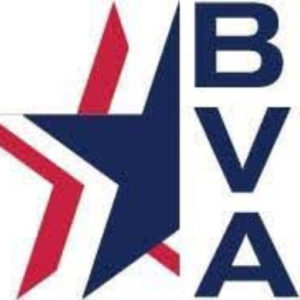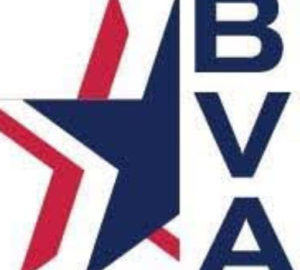On March 6, 2024, BVA National President Paul Mimms will present testimony on behalf of our Association before a joint session of the Senate and House Committees on Veterans’ Affairs. Paul will be joined by leaders of other Veterans Service Organizations (VSOs) advocating for, and against, policies and laws affecting their respective organizations. This event is, frankly, the most important of all events when it comes to BVA’s ability to effectively advocate on behalf of our members during the upcoming year, which is why it takes months of planning and effort to make the testimony succeed. Every benefit administered by the Department of Veterans Affairs has resulted from effective legislative advocacy.
Months prior to the hearing, organizations must determine what they will prioritize in the year ahead, begin drafting their testimony, and coordinate meetings to brief members of Congress and staff regarding the issues that are important to them. Testimonies primarily address what the VSO wants Congress to do and helps set the stage for that year’s legislative agenda.
The formal testimonies are drafted by analyzing the goals of the organization, incorporating elements of prior unmet efforts and resolutions. and gathering input from leadership. Over several stages of revision and input the testimony is whittled into a concise and informative piece of literature. While oral testimony is important, the written testimony will be what staff and members of Congress reference and review most thoroughly, which is why it is better to have a subpar hearing with great written testimony rather than a great hearing with subpar written testimony.
Because of time constraints, oral testimony can only touch on the most important priorities of the organization. Written testimony, on the other hand, can touch on as many topics as the organization desires to address. A subpar or even bad oral testimony can be excused and understood for multiple reasons, ranging from nervousness, jetlag, or even illness. Badly written testimony cannot be excused as Congress expects it to be refined and well-crafted. Failure to provide a quality document communicates the impression that the opportunity to testify has been taken for granted, or that an opportunity to testify before members of Congress is not a priority.
In the days and weeks following the testimony, VSOs meet with staff and congressional members regarding subjects discussed during the hearing, making the written testimony critical to fulfilling any VSO’s legislative goals. While meetings with staff can be arranged relatively quickly, scheduling a meeting with members of Congress requires months of advance planning and may still not be guaranteed. Congress has always had chaotic and rapidly evolving schedules. Therefore, the more notice a member has, the more likely a meeting is to occur.
These meetings allow congressional members to hear directly from impacted stakeholders, helping to personalize the issues and to motivate them to act on our behalf. Effective advocacy results in members of Congress drafting legislation to address the issues and, together with the VSOs, seeking support from other members of Congress. The more support a legislative initiative gains, the greater the likelihood it has of being signed into law by the President and becoming a tangible benefit to improve the quality of life of our members, their families, and caregivers.
We hope you will consider joining us in Washington, DC, on March 6 to witness Paul’s testimony and to assist us in contacting your congressional delegation when called upon to support our legislative initiatives. Be on the lookout for upcoming town hall meetings to discuss our legislative priorities and learn how you can help your fellow blinded veterans realize a better tomorrow.


